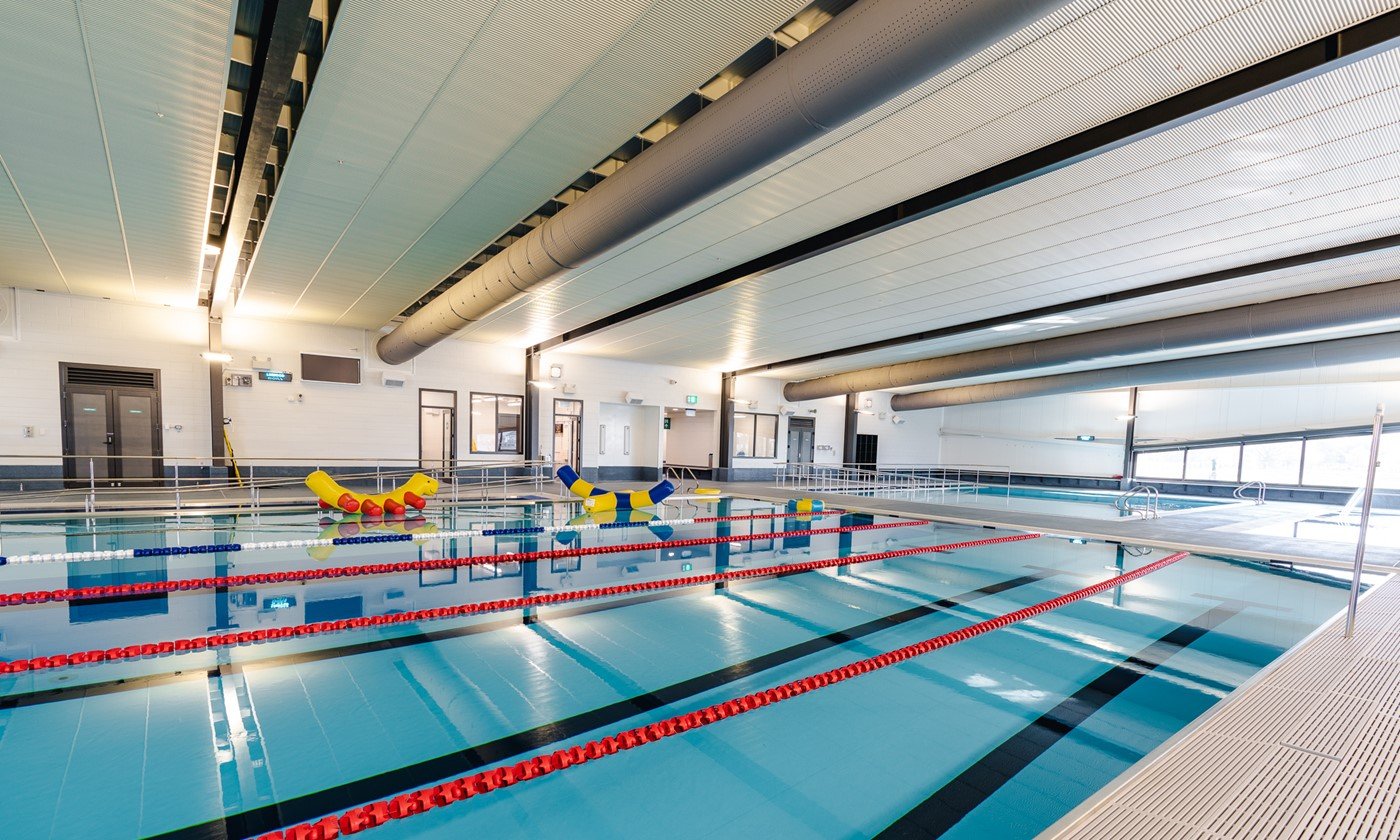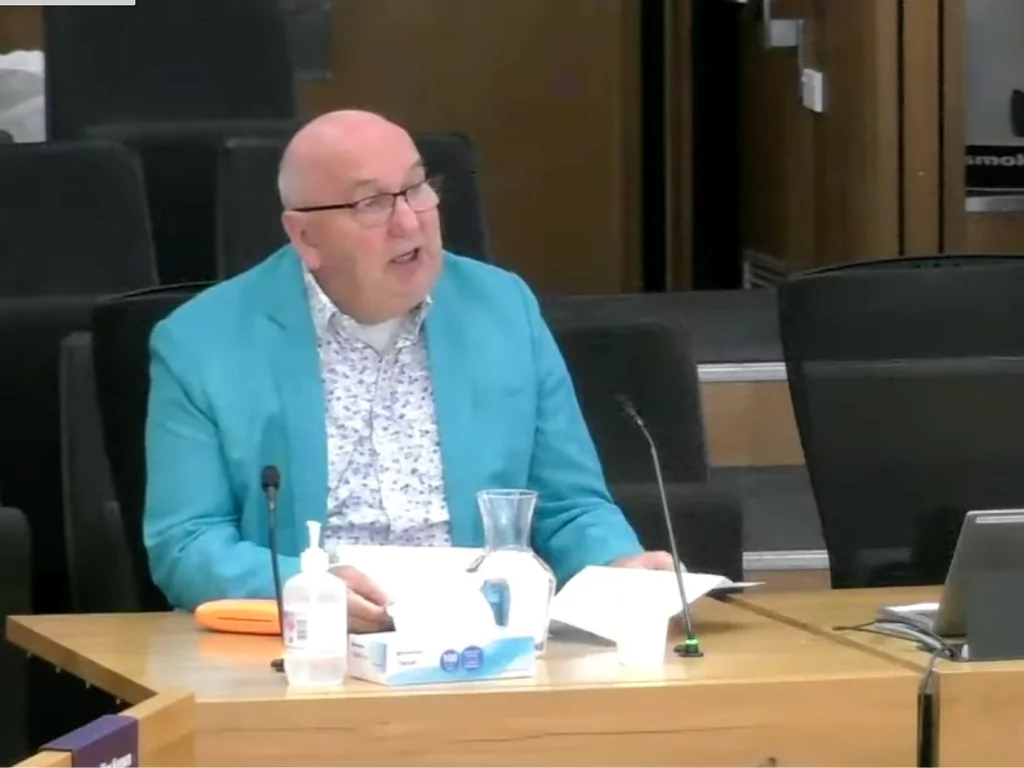A Christchurch women’s rights advocate has raised concerns about a self-identity policy at Te Pou Toetoe Linwood Pool’s women’s sessions.
It follows concerns raised during a heated public meeting in Invercargill last week following council’s decision to allow anyone identifying as female to use the female changing rooms at its swimming pool.
Katrina Biggs, who’s a member of the Speak up for Women organsation said “no woman or girl should ever have to go into female-only facilities or be forced to use unisex facilities in a thoughtlessly laid out block, wondering what kind of man might be hanging around there this time.”
The responsibility for deciding the authenticity of a “woman” currently falls on frontline staff.
Biggs has been actively engaged with the Christchurch City Council for the past two years and shared two letters regarding the issue.
In the first response by Council, it said “by law, we cannot discriminate, and trans women and gender diverse people who identify as women are women.”
One of the Council’s goals was “to provide equitable access to services and resources, and in this case, it was equitable to allow trans women into a women-only pool session.”
“These sessions are an opportunity for us to help people who often face barriers to participation to be more active in our facilities.”
The email said “research shows that incidents of men impersonating women simply to enter women-only areas as you have described are very rare.
However, we have taken steps to ensure this is a safe environment for all who attend.”
The email said “Te Pou Toetoe: Linwood Pool includes a change village where everyone is welcome to use the private stalls to change if they feel uncomfortable in a shared change room.
We will also have a security guard on-site and if there is any offensive, inappropriate or criminal behaviour it will be managed the same way as at any other time.”
But a legal advisor acting on Biggs’s behalf contested the Christchurch City Council’s stance, arguing that the organisation was incorrect in claiming it would be unlawful to exclude transwomen from the women’s session.
The advisor argued that the council was entitled to “positively discriminate” in favour of women and determine sex based on biological indicators.
The advisor pointed out that the positions taken by the Human Rights Commission and the Ministry for Women, which include that trans women are women, are policy positions and not requirements under the current law.
Biggs also brought to light the Department of Internal Affairs’ stance on sex self-ID, which suggests that the provision of single-sex service has always been legally permissible and that ‘gender’ is an optional policy criterion.
Biggs said a group of women proposed a compromise to the Christchurch City Council to split the women’s sessions into two timeslots – “one strictly for women and another for those identifying as women.”
However, this proposal was declined by council, citing laws around discrimination as the reason for including transwomen in the sessions.
In another response, a council representative it said “If we were to not allow transgender women to attend our women-only pool sessions, we would be unlawfully discriminating against them on the basis of sex, and would be in breach of the Act.”
The letter said “we consider that the term “women” includes transgender women. The Human Rights Commission defines a transgender woman as someone born with a male body who has a female gender identity.”
On the Christchurch City Council website regarding the women-only sessions it said “during the consultation with the community in the build-up to the Linwood Pool opening, there was a call for special sessions where the facility would be available to women only, to help support women and girls to access and use the pool facilities.”
It said “there is a range of reasons women may choose to come to this session, including increased privacy and sense of safety, greater confidence in a women-only environment, spending social time with female friends and family, or because of religious and cultural beliefs.”
However, Biggs said, “the waters around this have become so muddied with a conflation of sex and gender and our public service policies, both written and that which has seeped into the narrative that confusion reigns, not to mention the aggression from gender identity ideologues and activists who pile on anyone who strays from how they say things should be.”
Council Head of Recreation, Sports and Events Nigel Cox wouldn’t say if the council had received complaints but did say there “have been a number of conversations to explain the position the Christchurch City Council has taken to allow women, girls, and boys (up to and including the age of five) to enjoy these weekly sessions in a safe and private pool space.
“Transgender women, and people who identify as being a woman, are welcome. This aligns with Ministry of Women policy.”
When asked how staff identified women he said there were a number of approaches the team can take that they have received training and support with.
“To date we have had a wide variety of women making use of these popular sessions. On average there are 200 attendees at each session.”









